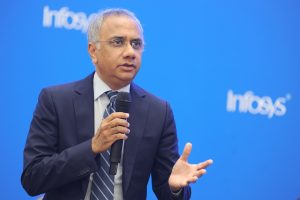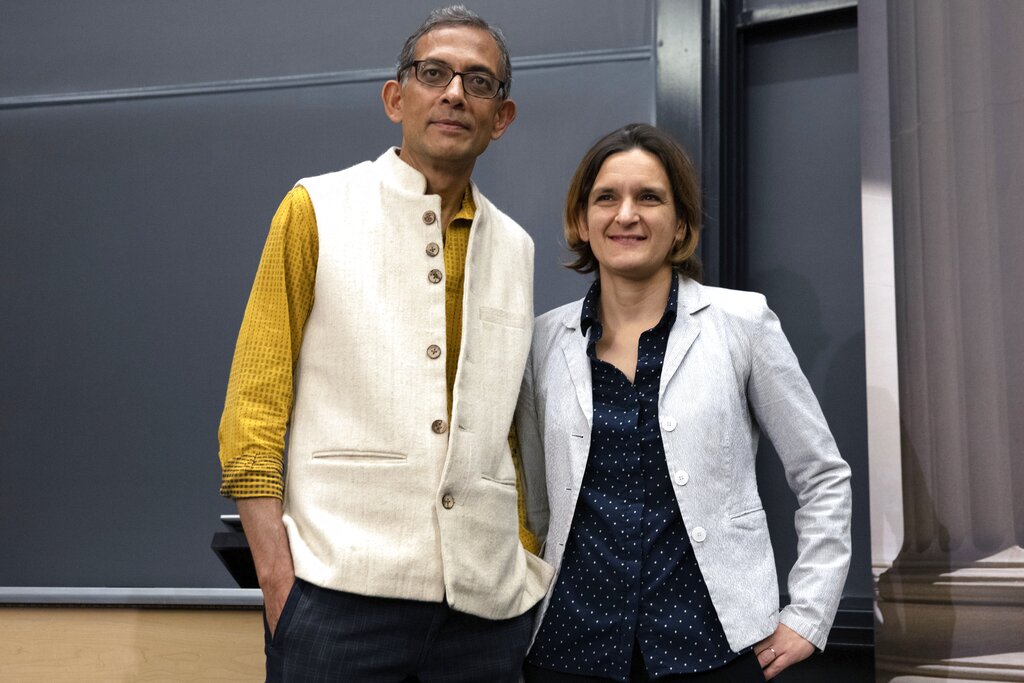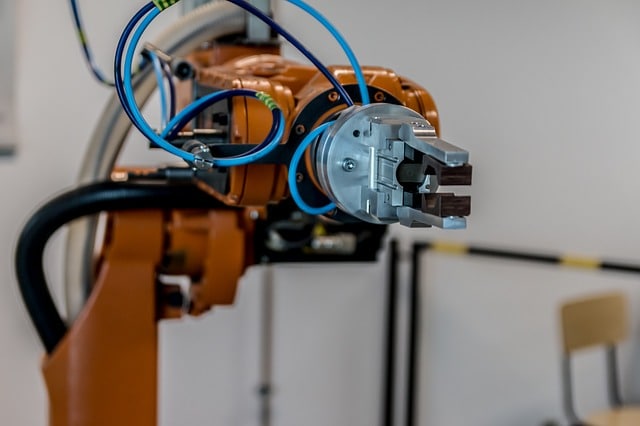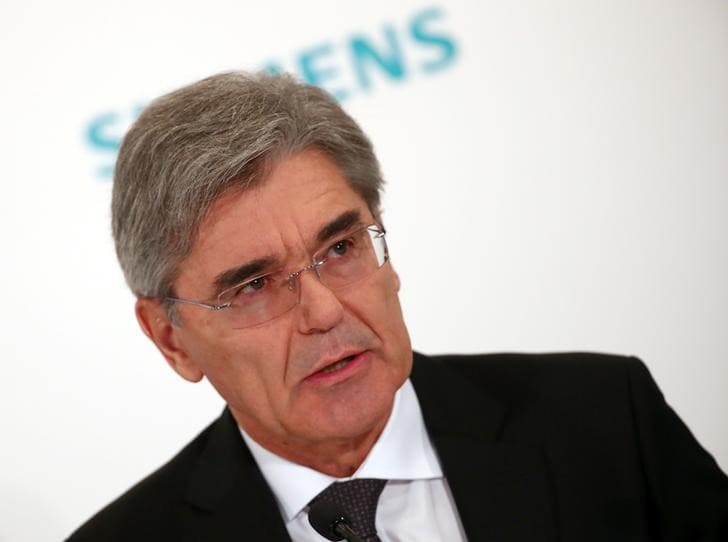Excl: HCL Tech expects pre-COVID levels by March; says pent-up demand, early transition of deals pushing recovery
Summary
Information technology firm HCL Technologies expects to get back to the pre-COVID levels by March 2021, said C Vijayakumar, President and CEO of the company. “We expect to get back to the pre-COVID levels in reported terms by March if not earlier. Even assuming the lower end of growth, we will be close to last …
Information technology firm HCL Technologies expects to get back to the pre-COVID levels by March 2021, said C Vijayakumar, President and CEO of the company.
“We expect to get back to the pre-COVID levels in reported terms by March if not earlier. Even assuming the lower end of growth, we will be close to last year’s numbers on a reported currency basis,” Vijayakumar said in an interview with CNBC-TV18. According to him, given the pace of pick-up, FY22 will be a normal year for the company.
The COVID-19 pandemic has put to test all of corporate India. And Indian IT, which has seen several headwinds over the last decade, is no exception. HCL Tech has been one of the companies that survived the tide.
The company recently released its mid-quarter update and outlined that it expects to do better than the earlier forecast. In Q1, it had said that its revenue growth in constant currency terms will be between 1.5-2.5 percent. With a pick up in Q2, it now expects Q2 revenues to grow by 3.5 percent. The reason is pent-up demand and deals that were in transition flowing in this quarter.
“We had some good bookings in the two quarters prior to COVID. Some deals that were signed earlier were in transition and are flowing into the current quarter. We are seeing pent-up demand in some projects that were kept on hold,” he said.
Vijayakumar admits that the COVID-19 pandemic has been a tailwind for tech adoption by clients. And that’s the opportunity that, he says, has him excited. According to Vijayakumar, two broad things give the company confidence in terms of the road ahead — cost transformation and digital transformation
“Two broad themes are giving us confidence for not just right now but post COVID as well. One is cost transformation. The need for cost transformation and the need for enterprises to variablize their cost structures is driving some segments. The second is that almost all businesses are looking at several aspects of digital transformation. The retail segment, for instance, some clients are looking at modernizing their e-commerce infrastructure. A lot of customers that have a retail presence are strengthening their digital channels,” said Vijayakumar.
Vijayakumar has been a part of HCL Tech since 1994. Over the years he held several ranks and in 2016, he finally took over as the CEO. Since his appointment, HCL Tech has grown at a CAGR of 12.4 percent vs the industry average of about 7.4 percent.
“Simple strategy and good execution have been drivers for differentiated growth,” he says.
“We have executed a smooth business mix transition from traditional services to new tech and digital services. Our next-gen offering (mode 2) has grown 25 percent CAGR over 4 years. We have built a strong platform for software products business which has grown over 60 percent in that period. Our mode 2 and 3 combined revenues are now at almost 35 percent of overall revenues. We have seen continued market leadership in our chosen segments. All of these are showing industry-leading growth in the last 4 years,” explained Vijayakumar.
After being appointed the CEO, he had restructured the business of HCL Tech into 3 segments – Mode 1, 2, 3. Mode 1 is traditional services, Mode 2 digital and new tech services, and Mode 3 for platform and products.
Vijayakumar believes the strategy has helped them steer the company through the pandemic and its ripple effects. “We have a differentiated mix and a bigger total addressable market opportunity. The investments made in the last 2 years have helped. Current spending in IT, business services, engineering & R&D is at $2.5 trillion. We expect this to go to $3.5 trillion. We believe that we are in a position to take this market opportunity of $1 trillion. We are definitely in a better position today than we were a few years ago,” he says.

Elon Musk forms several ‘X Holdings’ companies to fund potential Twitter buyout
3 Mins Read
Thursday’s filing dispelled some doubts, though Musk still has work to do. He and his advisers will spend the coming days vetting potential investors for the equity portion of his offer, according to people familiar with the matter








 Listen to the Article
Listen to the Article  Daily Newsletter
Daily Newsletter











